‘Russophobic’ trends name Ukraine’s Zelensky Time’s Person of Year: Russia
Russia says a decision made by the Time magazine to pick Ukrainian President Volodymyr Zelensky as the “2022 Person of the Year” reflects “Russophobic” trends in the West.
At a press conference on Thursday, Kremlin Spokesman Dmitry Peskov said, “Time magazine employs its own criteria, which we can go on with or disagree, and it is their own editorial policy. However, in this case the magazine’s editorial directives remain within the boundaries of the pan-European mainstream, which is totally short-sighted, anti-Russian and vehemently Russophobic.”
Peskov's comments came just a day after the magazine picked the comedian-turned-politician for its annual title in what it termed recognition of his leadership during Ukraine's war with Russia. The choice was the “the most clear-cut in memory,” Time said.
Russia started its "special military operation" in Ukraine on February 24, with the declared aim of "de-Nazifying" the country. Since the onset of the war, the US and its European allies have imposed waves of unprecedented economic sanctions against Moscow while supplying large consignments of heavy weaponry to Kiev. The Kremlin warns the sanctions and the supplies will prolong the war.
Elsewhere in his remarks, Peskov said there was the risk of Ukrainian forces launching attacks against the Crimean Peninsula, after officials there said they had taken down a combat drone near a key naval base.
Relations between Ukraine and Russia have been on the decline since 2014, when the then Ukrainian territory of Crimea voted in a referendum to fall under Russian sovereignty. The United States and the European Union backed Kiev and refused to recognize the referendum results, later imposing sanctions on Moscow.
“There are certainly risks because the Ukrainian side continues its policy of organizing terrorist attacks. But, on the other hand, information we get indicates that effective countermeasures are being taken,” Peskov said.
Meanwhile, Mikhail Razvozhayev, the governor of the Sevastopol administrative region, has said Russian forces managed to shoot down a drone over the Black Sea in the vicinity of Sevastopol, the largest city on the Crimean Peninsula that hosts a key Russian naval base.
"As per usual our military carried out its work well," Razvozhayev said.
Since the beginning of the war, there have been a number of blasts at or in the vicinity of Russian military installations in Crimea, including a coordinated drone attack on a key Russian naval port at Sevastopol. In October, parts of the Kerch bridge connecting the Crimean Peninsula to the Russian mainland was destroyed in an attack Russia attributed to Ukraine.
Quite recently, a number of attacks has been launched deep in Russia, including the one against the Engels airfield, a strategic bomber military base, for which Kiev has not claimed responsibility.
Peskov on Thursday said Moscow planned to “liberate” parts of Ukraine that became parts of Russia, noting that Russian forces are still set on seizing parts of eastern and southern Ukraine that joined Russia.
In late September, Russian President Vladimir Putin signed a decree for the formal accession of four regions of Donetsk, Luhansk, Kherson and Zaporizhzhia to the Russian Federation. That was after people in the four regions voted in favor of joining Russia in a referendum. However, Zelensky said the hastily organized votes breached international law and called the referendums “worthless.”
When asked whether Russia planned to incorporate any more regions beyond the four joined regions, Peskov said, “There is no question for that.”
“At least, there have been no statements in this regard. But there is nevertheless a lot of work ahead to liberate the territories; in a number of new regions of the Russian Federation there are occupied territories that have to be liberated.”
Peskov said he meant “part of the Donetsk Republic, as well as what became part of the Russian Federation, and then was re-occupied by Ukrainian troops.”
Ukrainian forces have managed to push Russian troops out of a small area in Luhansk. Last month, they also took control of the entire Kherson province on the west bank of the Dnipro River, including the city of Kherson, after Russian forces withdrew.
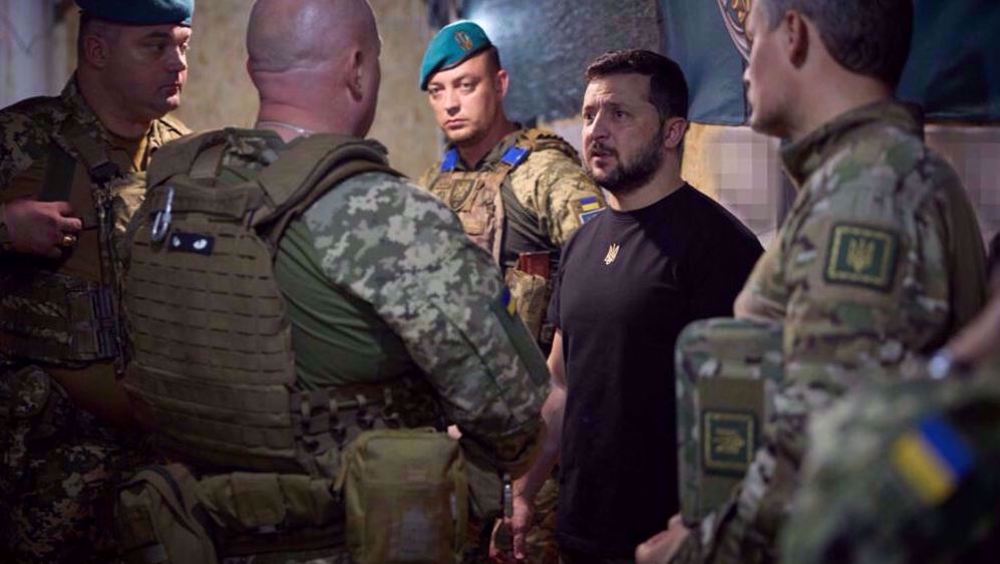
Ukraine peace talks downgraded in London as Kiev rebuffs Trump’s proposal
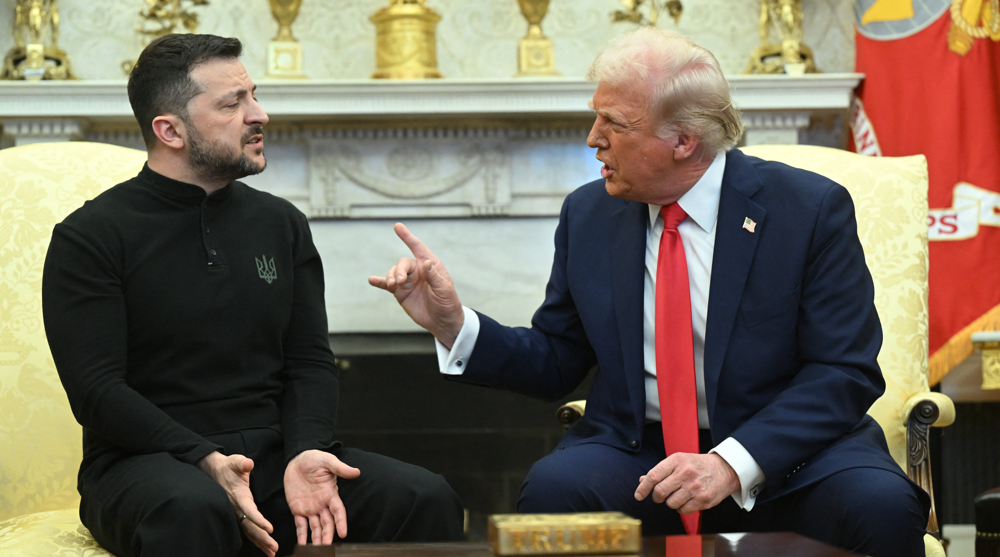
US plan requires Ukraine to give 20% of territory to Russia: Report
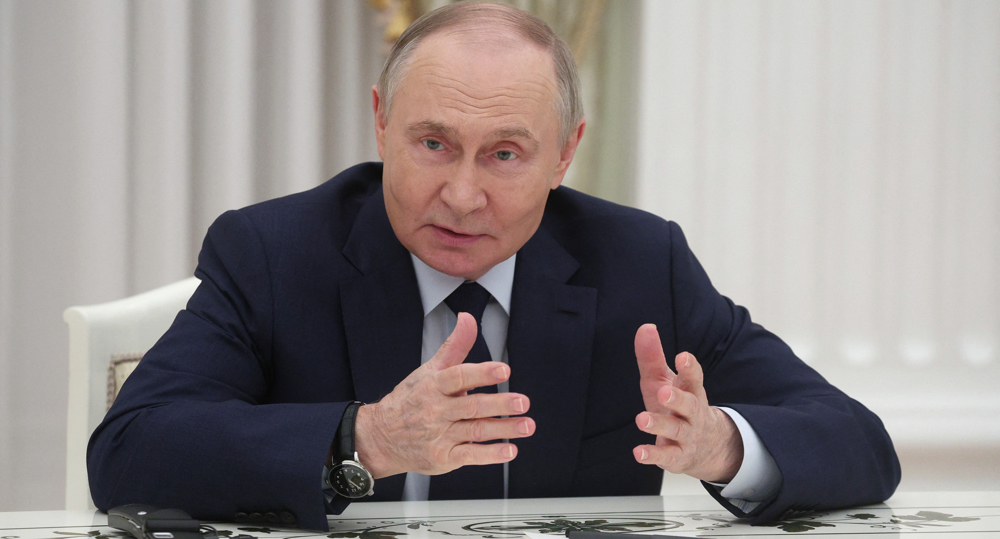
Russia's President Putin ratifies bill for strategic partnership with Iran
AP: Yemen downs seven US Reapers worth $200mn in six weeks
VIDEO | Immigrant voices unite in New York against global far-right surge
Iran rejects 'baseless' Dutch claims about plotting assassinations
US warplanes bomb four Yemeni provinces in fresh aggression
VIDEO | Paris protesters slam Israel’s war on Gaza
VIDEO | Press TV's news headlines
VIDEO | US issues ‘final offer’ to Kiev for peace with Moscow
VIDEO | Pakistan warns of war over water diversion as India vows retaliation against militancy


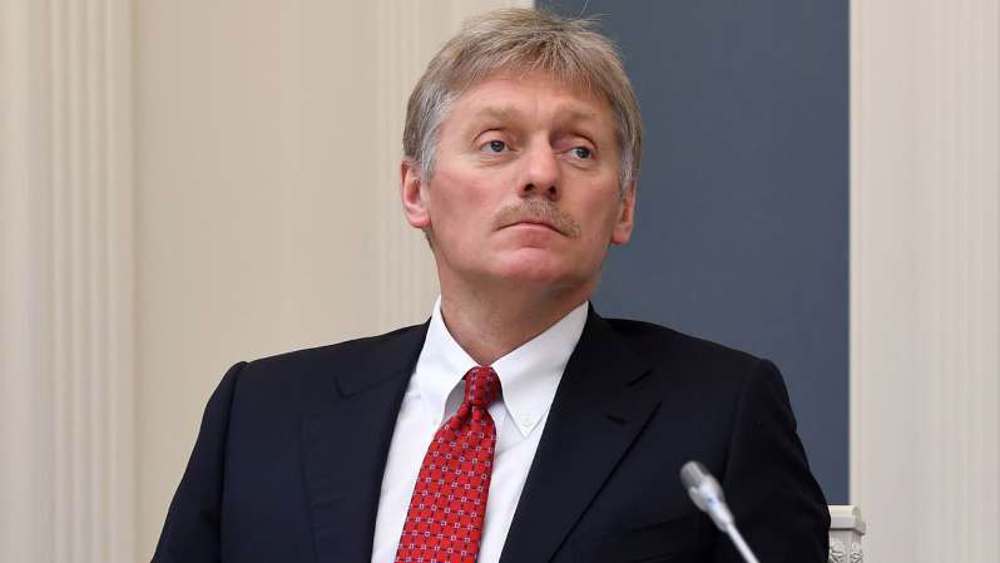
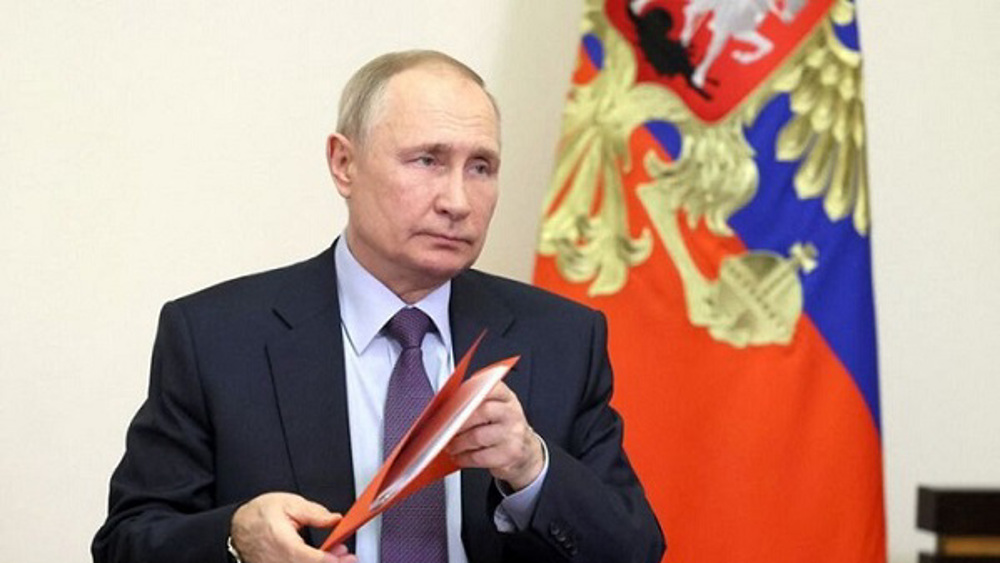
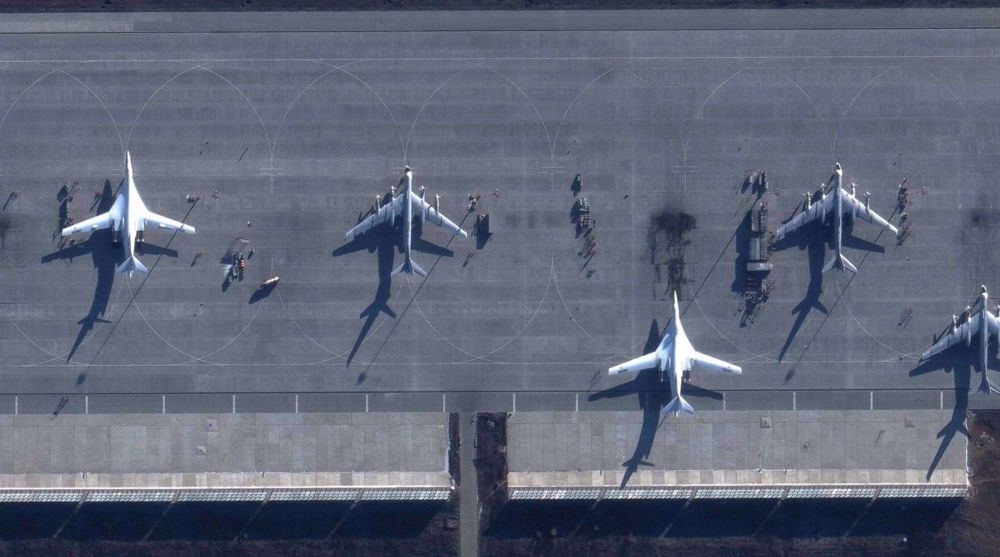




 This makes it easy to access the Press TV website
This makes it easy to access the Press TV website